Propane Autogas: Driving Cleaner Transportation Across Michigan
Propane autogas is a proven, cost-effective alternative fuel that continues to play a crucial role in powering vehicles across Michigan and the U.S. With lower emissions, reliable performance, and cost savings, propane remains a top choice for school districts and fleets. Recent trends show notable changes in propane autogas consumption and fueling infrastructure that highlight growth opportunities.
Trends in Propane Autogas Infrastructure and Consumption
The graph above illustrates changes in propane autogas consumption and station counts from 2018 to 2022, broken down by census regions (Source: PERC, AFDC, ICF). Across the U.S., primary autogas stations have expanded to meet growing demand in certain regions, while others show steadier trends.
In Michigan, propane autogas remains a crucial fuel, particularly in rural areas where infrastructure for electric vehicles is limited. With consistent investments in fueling stations, Michigan continues to be a leader in propane adoption for transportation.
Propane Autogas Stations vs. Sales: A National View
The second graph demonstrates how propane autogas sales have aligned with changes in primary and secondary autogas station counts over the years. While the total number of stations has remained steady, sales have shown resilience, particularly in colder climates where propane’s reliable performance is a key advantage.
For Michigan school districts and fleet operators, these trends reinforce the value of propane as a reliable, cost-efficient fuel option for buses, vans, and trucks. Propane delivers consistent performance in sub-zero temperatures unlike diesel or gasoline, making it ideal for Michigan winters.
Why Propane Autogas?
Michigan’s propane marketers and school business officials should take note of the unique benefits propane autogas provides:
- Lower Costs: Propane offers significant fuel and maintenance savings compared to diesel or gasoline.
- Environmental Impact: Reduced greenhouse gas emissions and pollutants make propane a cleaner choice.
- Cold-Weather Performance: Unlike electric vehicles, propane engines start reliably in cold temperatures, ensuring uninterrupted service.
- Infrastructure Availability: Propane fueling stations are affordable and quick to set up, making them an accessible solution for rural and urban areas alike.
What’s Next for Michigan’s Propane Industry?
The data clearly shows propane’s continued relevance in a competitive alternative fuel market. However, growth opportunities depend on collaboration between propane marketers, school districts, and fleet operators. By showcasing propane’s cost-effectiveness and reliability, Michigan’s propane community can strengthen its position as a leader in clean transportation.
If you’re ready to explore how propane autogas can benefit your fleet or community, contact [insert organization name] for more information. Together, we can drive a cleaner, greener future with propane.

Figure 1: Changes in autogas consumption and station counts across U.S. census regions from 2018 to 2022. (Source: PERC, AFDC, ICF)

Figure 2: The relationship between autogas stations and sales trends from 2018 to 2022. (Source: PERC, AFDC, ICF)

